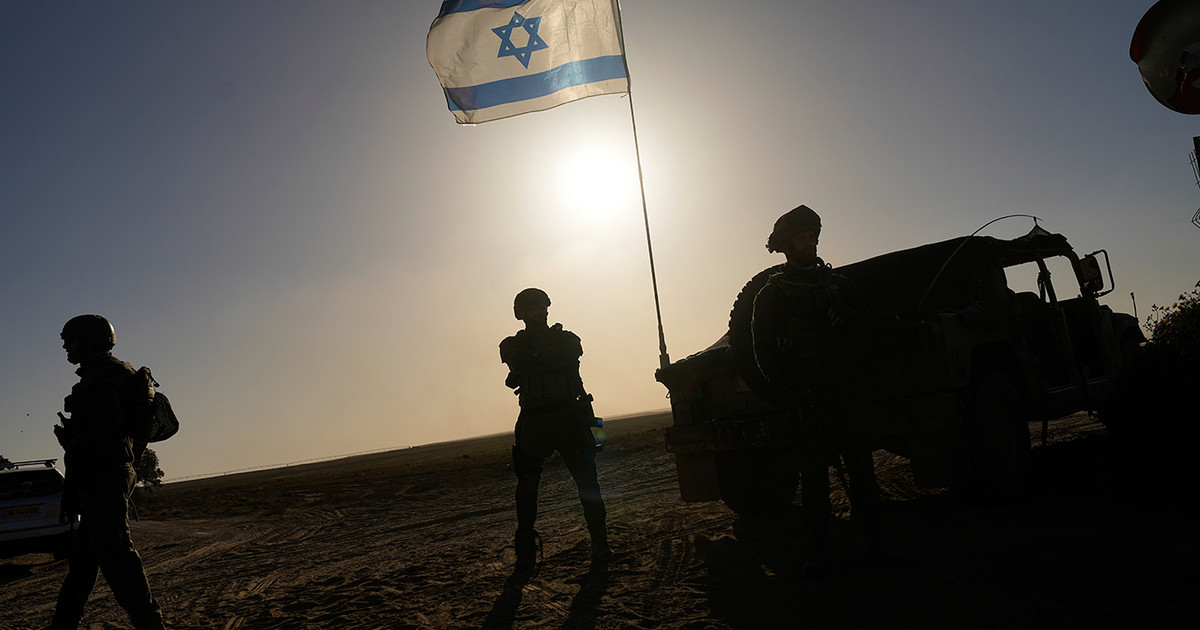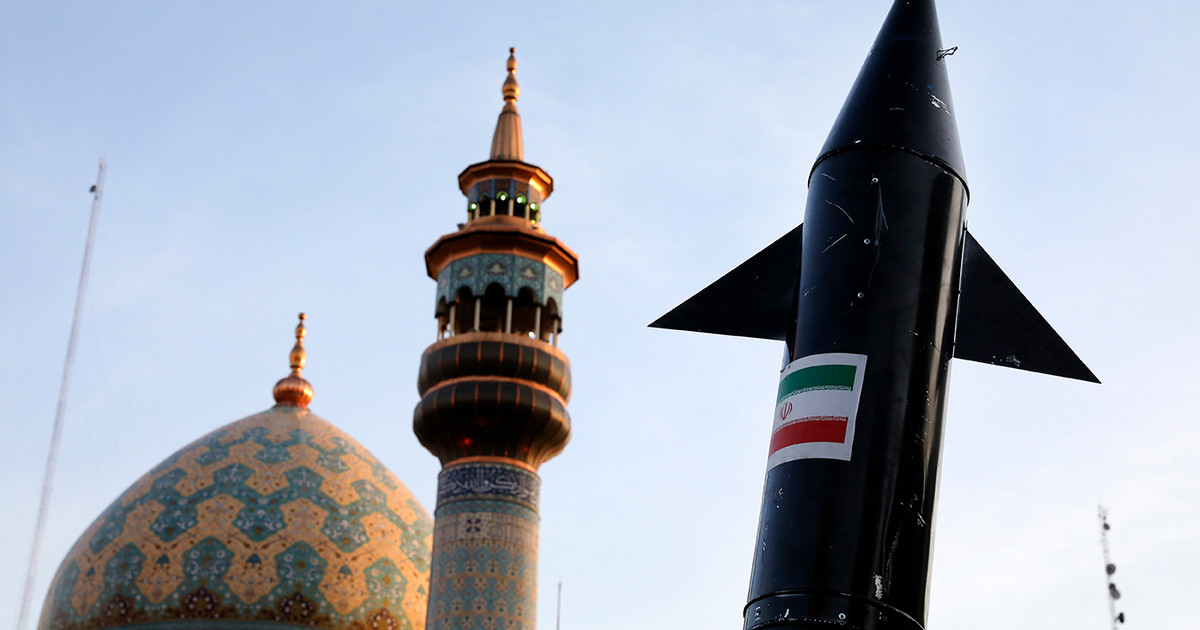Egypt is facing a barrage of criticism over what human rights groups say is a crackdown on protests and activists as it prepares to host the COP27 climate summit starting Sunday.
Human rights groups have accused the Egyptian government of arbitrarily detaining activists after Egyptian dissidents abroad called for protests against President Abdel Fattah el-Sisi on Nov. 11 during the United Nations climate talks.
According to human rights groups, security forces are setting up checkpoints on the streets of Cairo, stopping people and scouring their phones to find any content related to the planned protests.
The Egyptian Commission on Rights and Freedoms (ECRF), an NGO, said last Wednesday that 93 people had been arrested in Egypt in recent days.
She said that, according to investigations by the national security attorney, some of those arrested had allegedly uploaded videos calling for protests via social messaging apps. Some have also been accused of abusing social media, spreading fake news and joining terrorist organizations – a repressive accusation commonly used by the security apparatus against activists.
Indian climate activist Ajit Rajagopal was detained in Cairo last Sunday after leaving on a protest walk from the Egyptian capital to Sharm el-Sheikh, the Red Sea resort where the COP27 conference will be held from 6 to 18 November.
Rajagopal was briefly detained in Cairo along with his friend, lawyer Makarios Lahzy, according to a Facebook post by Lahzy. Reuters, who spoke to Rajagopal after his release on Monday, quoted the Indian activist as saying he was still trying to register for COP27 but had no plans to resume his march.
Egypt experienced two mass uprisings in 2011 and 2013, which eventually paved the way for then-military chief Sisi to take power. Since then, thousands of activists have been arrested, spaces for public expression have been nullified and freedom of the press diminished.
While protests are rare – and mostly illegal – in Egypt, a looming economic crisis and a brutal security regime have spurred new calls for demonstrations by dissidents seeking to exploit a rare window of opportunity presented by the climate summit.
One imprisoned activist, British-Egyptian citizen Alaa Abdelfattah, intensified his hunger strike in an Egyptian prison this week amid warnings from relatives of his deteriorating health. “Alaa has been on a hunger strike for 200 days, he survives on just 100 calories of liquid a day,” said Sanaa Seif, sister of Abdelfattah, who is holding a rally outside the UK Foreign Office in London.
A place for dialogue
The COP, the annual UN-sponsored climate summit that brings together signatories to the Paris Agreement on tackling climate change, is traditionally a place where representatives of civil society have the opportunity to mingle with experts and policymakers and observe negotiations. in first hand.
It is not uncommon to see a young activist approaching a national delegation walking down the aisle to their next meeting or an indigenous leader talking to a minister on the sidelines of a debate.
And although security is always strict – after all, this is a meeting attended by dozens of heads of state and governments – peaceful protests have always been part of the COP. Tens of thousands of people marched through the streets of last year’s host city of Glasgow, Scotland, during the summit.
As in the past, this year’s COP conference will take place in two different locations. The official part of the summit is managed by the UN and is accessible only to accredited persons, including official delegations, representatives of NGOs and other civil society groups, experts, journalists and other observers.
Then there is a separate public place where exhibitions and weather events take place during the two weeks of the summit. But while this public part of the summit has been open to anyone in the past, anyone wishing to attend this year needs to register in advance.
The chance to protest will also be restricted.
While the Egyptian government has promised to allow demonstrations, it said protests will have to take place in a special “protest zone”, a dedicated space far from the main conference venue, and will have to be announced in advance. Guidelines posted on the COP’s official website say that any other marches would need to be specially approved.
Anyone wanting to organize a protest will need to register for the public portion of the conference – a requirement that could scare activists who fear surveillance. Among the rules imposed by the Egyptian authorities on the protests is a ban on the use of “personified objects, such as satirical drawings of heads of state, negotiators, individuals”.
Human rights groups sound the alarm
The UN urged Egypt to ensure that the public has a voice at the conference.
UN High Commissioner for Human Rights Volker Türk said it was “essential that everyone – including representatives of civil society – can meaningfully participate in COP27 in Sharm el-Sheikh” and that decisions on climate change need to be ” transparent, inclusive and accountable”.
Separately, a group of five independent human rights experts, all of them UN special rapporteurs, issued a statement last month expressing concern about restrictions ahead of the summit. They said the Egyptian government has placed strict limits on who can participate in the talks and how, and said that “a wave of government restrictions on participation has raised fears of reprisals against activists”.
“This new wave follows years of persistent and sustained repression of civil society and human rights defenders using security as a pretext to undermine civil society’s legitimate rights to participate in public affairs in Egypt,” the group said in a statement.
Egyptian civil rights groups have jointly launched a petition urging the authorities to end prosecutions against activists and civil society organizations and end restrictions on the rights to freedom of expression, association and peaceful assembly.
“Egyptian authorities have for years employed draconian laws, including laws on counter-terrorism, cybercrime, and civil society, to clamp down on all forms of peaceful dissent and shut down civic space,” the groups said in the petition.
Human Rights Watch, Amnesty International, Friends of the Earth and many other groups also demonstrated, demanding the release of detained activists.
In the run-up to the climate conference, the Egyptian government presented an initiative pardoning prisoners arrested for their political activity. Authorities also pointed to a new prison, Badr-3, 70 kilometers (43 mi) northeast of Cairo, where other prisoners were transferred to supposedly better conditions.
But human rights groups said the government’s initiatives represented little change.
“Prior to COP27, Egypt’s public relations machine is operating on all cylinders to hide the terrible reality in the country’s prisons, where prisoners held for political reasons are languishing in horrific conditions, violating the absolute ban on torture and other evils. -treatments,” said Agnès Callamard, Secretary General of Amnesty International.
“Prisoners are facing the same human rights violations that have repeatedly undermined older institutions, exposing the lack of political will on the part of the Egyptian authorities to end the country’s human rights crisis.”
Source: CNN Brasil
I’m James Harper, a highly experienced and accomplished news writer for World Stock Market. I have been writing in the Politics section of the website for over five years, providing readers with up-to-date and insightful information about current events in politics. My work is widely read and respected by many industry professionals as well as laymen.






